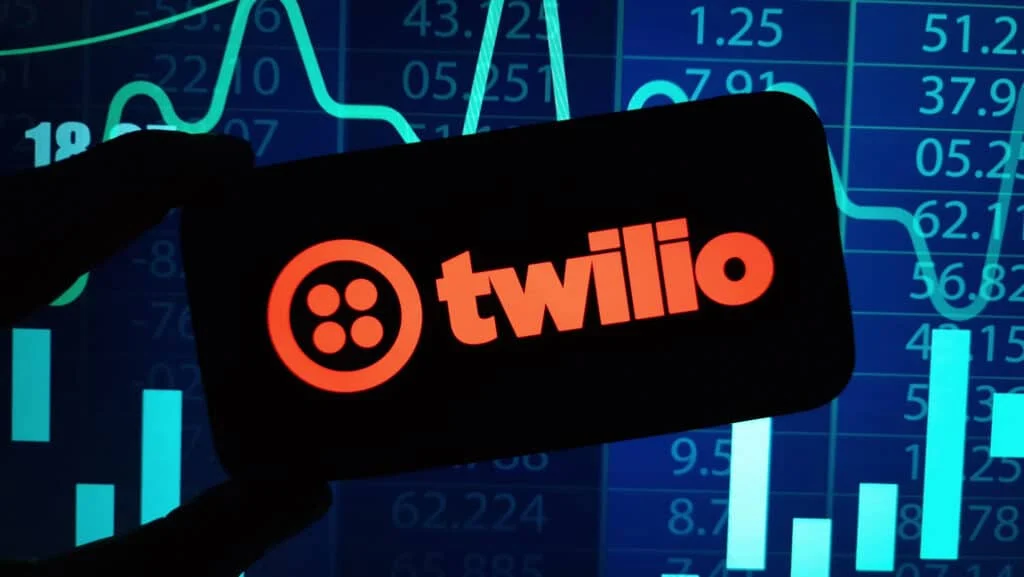The News: Infleqtion held a webinar in early February covering the company’s strategic intent to commercialize quantum computing and highlighting Sqorpius, its fault-tolerant computer tailored for commercial applications. Learn more on the Infleqtion website.
Infleqtion: Commercializing Quantum Computing
Analyst Take: Though it is limited in application to solving current, real-world problems, quantum computing continues to make headlines. It is a technology that is still under development, with heavy investment from the likes of IBM, Google, and major country states and technology firms. The promise is big, and the technology issues are also big as fault-tolerance and error correction are still issues to be solved.
Infleqtion has 17 years in quantum technology R&D and is looking to bring the technology of atoms, lasers, and software technology to market. The basis of its approach is to bring affordable price points and power efficiency to not only the defense and aerospace industries but also commercial use.
Although this goal seems quite lofty, CEO Scott Faris is not new to addressing large problems with incremental deliverables. Take, for instance, Tiqker, Infleqtion’s 3U rack-mounted systems for optical atomic, delivering high-precision time used for navigation, data centers, and communications without GPS. Today, time as we know it is less reliable. We are dependent on GPS satellites. However, we need more resilience for time distribution on earth and in space. As we have expanded our digital world, time assurance and frequency of access has become difficult. Tiqker is here and now for the data center and defense. The intention is to bring the next generation Tiqker with SayWire for more precision and the possibility to build a private terrestrial access not dependent on GPS, plus deliver the time assurance in a small portable form factor.
To address unlocking the technology for commercial scale in 5 years, Infleqtion outlined its Sqorpius vision. The company laid out its design for data center-ready and enabling technologies to achieve commercial0grade error detection.

Of further note is Infleqtion’s investment in software. Often the hardware precedes the software enablement, requiring high degrees of technical expertise in developers. Infleqtion believes quantum software will be as impactful to quantum computing as CUDA has been to GPUs. Thus, the company’s investment in Superstaq, to which you can write quantum programs in any source language and target any quantum computer without any quantum experience. Infleqtion’s work on software has created high efficiencies demonstrated at Sandia, Berkley, and other institutions.
Quantum computing will be our next generation of compute, far surpassing even current generative AI processing. Five years ago, it seemed a lifetime away. Today, is seems within a corporate planning cycle.
Disclosure: The Futurum Group is a research and advisory firm that engages or has engaged in research, analysis, and advisory services with many technology companies, including those mentioned in this article. The author does not hold any equity positions with any company mentioned in this article.
Analysis and opinions expressed herein are specific to the analyst individually and data and other information that might have been provided for validation, not those of The Futurum Group as a whole.
Other Insights from The Futurum Group:
The Six Five Connected with Diana Blass: The Quantum Arms Race
IBM Announces New Quantum Processor and IBM Quantum System Two
NIST Releases First Draft Standards for Post-Quantum Cryptography
Author Information
Now retired, Camberley brought over 25 years of executive experience leading sales and marketing teams at Fortune 500 firms. Before joining The Futurum Group, she led the Evaluator Group, an information technology analyst firm as Managing Director.
Her career spanned all elements of sales and marketing including a 360-degree view of addressing challenges and delivering solutions was achieved from crossing the boundary of sales and channel engagement with large enterprise vendors and her own 100-person IT services firm.
Camberley provided Global 250 startups with go-to-market strategies, creating a new market category “MAID” as Vice President of Marketing at COPAN and led a worldwide marketing team including channels as a VP at VERITAS. At GE Access, a $2B distribution company, she served as VP of a new division and succeeded in growing the company from $14 to $500 million and built a successful 100-person IT services firm. Camberley began her career at IBM in sales and management.
She holds a Bachelor of Science in International Business from California State University – Long Beach and executive certificates from Wellesley and Wharton School of Business.







